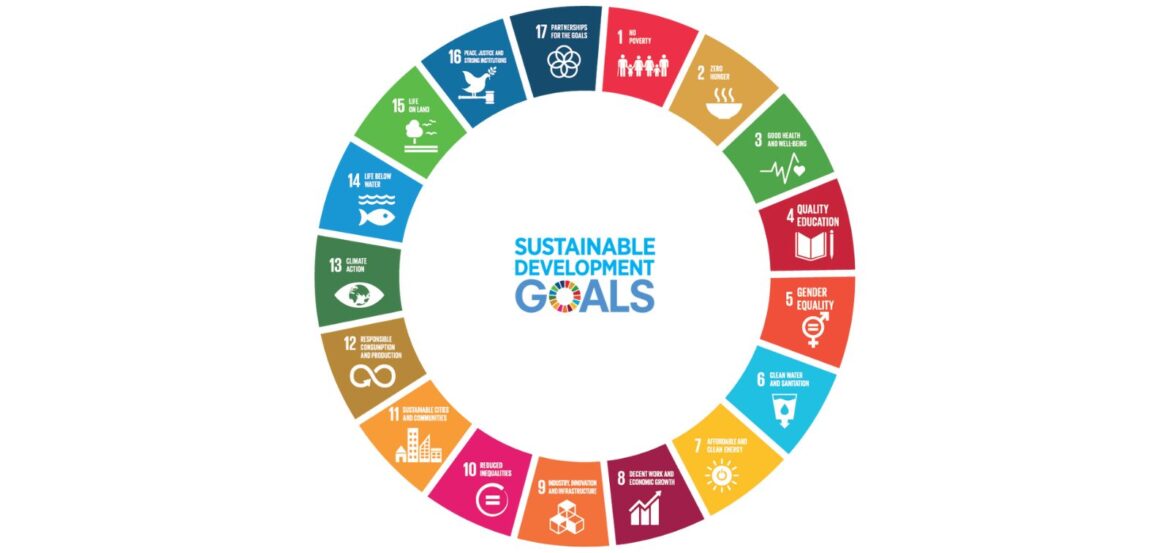By Muhammad Amaan
The Deputy Secretary-General of the United Nations, Amina Mohammed has called for “a surge in investment” and reform of the international financial system to rescue the Sustainable Development Goals (SDGs), “which are woefully off track.”
According to the deputy chief, financing for sustainable development is at a crossroads and without urgent investment, global efforts to achieve a more just and equitable world by 2030 will fail.
Amina Mohammed said this while presenting the 2024 Financing for Development Report at the UN headquarters in New York.
The report says urgent steps are needed to mobilise financing at scale to close the development financing gap, now estimated at $4.2 trillion annually, up from 2.5 trillion dollars before the COVID-19 pandemic.
World leaders adopted the 17 SDGs nearly a decade ago and they include ending extreme poverty and hunger, ensuring availability to clean water and sanitation, and reducing inequality within and among countries.
“At our current rates, we estimate some 600 million people will still be living in extreme poverty beyond 2030. And as the report shows, finance is the crux of the problem,” the deputy UN chief said.
Meanwhile, rising geopolitical tensions, climate disasters and a global cost-of-living crisis have hit billions of people, battering progress on healthcare, education, and other development targets.
Staggering debt burdens and rising borrowing costs are large contributors to the sustainable development crisis.
Estimates are that in the least developed countries, debt service will be $40 billion annually between 2023 and 2025, up more than 50 per cent from $26 billion in 2022. Stronger and more frequent climate related disasters account for more than half of the debt upsurge in vulnerable countries.
Amina Mohammed said roughly 40 per cent of the global population, some 3.3 billion people, live in countries where governments now spend more on interest payments than on education or health.
Meanwhile, the global economy is not supporting investment and development as it should, she noted.
According to her, average growth rates have steadily declined over the last 25 years, from over six per cent before the global financial crisis more than 15 years ago to around four per cent today.
The report calls for scaling up public and private investment in the SDGs, highlighting the importance of reform of the development bank system.
In this regard, donors also need to make good on commitments on Official Development Assistance (ODA) and climate finance.
Secondly, the current international financial architecture – established nearly 80 years ago – must also be remade as it is “no longer fit for purpose”, she said, and developing countries should have a greater voice in global economic governance.
Finally, world leaders must close “credibility gaps” and trust deficits. This is especially the case for wealthier nations, which have made promises on global governance reform, aid delivery, and domestic reforms to tackle corruption and inequality, including gender inequality.
Stating that the report’s message could not be clearer, Mohammed said “we must choose now either to succeed together or we will fail together,” stressing that “failure is not an option.”
The report also encourages governments to make the most of “significant opportunities ahead,” she added, pointing to major conferences such as the Summit of the Future at UN Headquarters in September and the Fourth International Conference on Financing for Development scheduled for 2025.
The Summit has been described as a once-in-a-generation opportunity to enhance cooperation on critical challenges and address gaps in global governance, and to reaffirm commitments, including to the SDGs.




